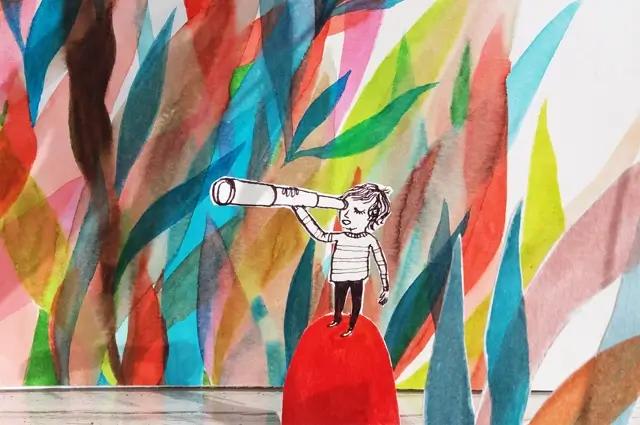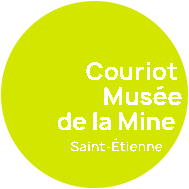ARTS Institute
The ARTS Institute (Arts, Research, Territories, Knowledge) is an original association between Jean Monnet University, Higher Schools in the field of culture in the Lyon Saint-Etienne area and cultural institutions.
Initiated by the University, its ambition is to develop a dynamic of research, training and creation around the arts and the societal, territorial, ethical and political issues they raise, with a historical and epistemological focus.
Spotlights

Unique training dedicated to students, artists and professionals in childhood and/or culture
We are pleased to announce the opening of the University Diploma “Arts for young audiences; works, issues and perspectives” at the start of the 2024-2025 school year, supported by the Graduate + ARTS. Offering theoretical lessons, immersion times and practical workshops, this new program allows you to question the connection between art and childhood, to approach the challenges of creation for young audiences and to understand the ecosystem. The areas covered are music, visual arts (animated cinema and illustration) and theater.
Maria Minulina Moreira joins the ARTS Institute team as administrative manager
Trained in social sciences and performing arts, Maria previously worked at the Cité du design – École supérieure d’art et design de Saint-Étienne, where she worked on the construction of international cooperation projects promoting meetings between students. es, artists, researchers, from here and elsewhere. Actress and director, she has also worked on several theatrical creations within the Compagnie des Lueurs, Paris.
ARTS Institute
ARTS (Arts, Research, Territories, Knowledge) was born from the desire of the Jean Monnet University of Saint-Étienne to develop a dynamic of research and training around the arts and the societal, territorial, ethical and political questions they raise, in their own way, illuminated by a historical and epistemological approach.
ANR Graduate+
The ARTS Institute is leading a graduate school project (Graduate+) which benefits from state aid managed by the National Research Agency under France 2030 (reference “ANR-21-SFRI-0001”) .

